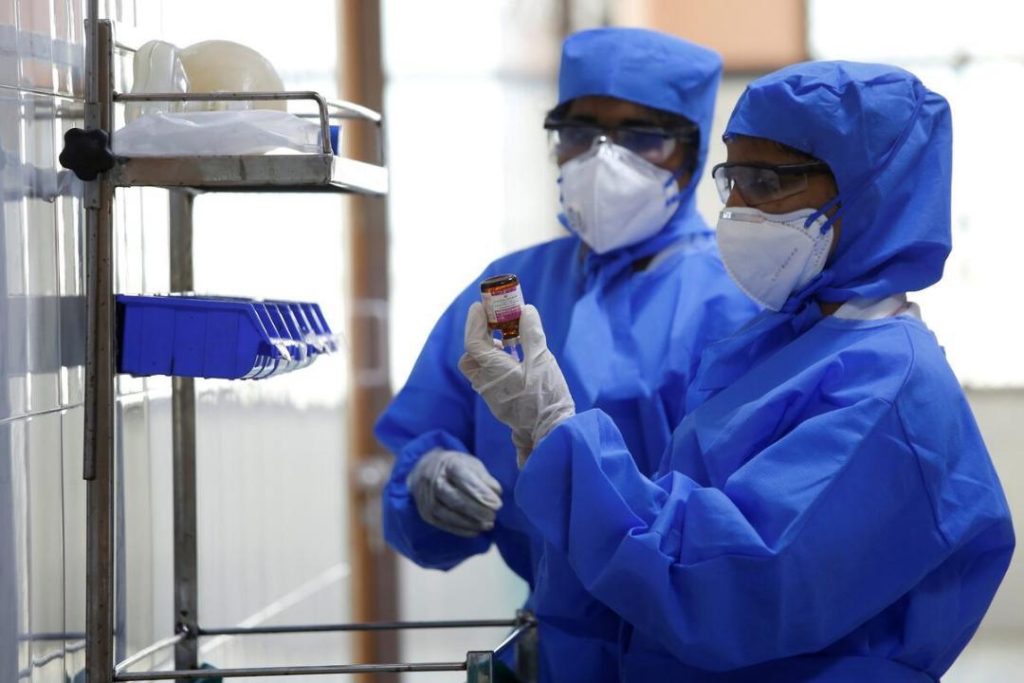
Nurse loses Saudi job after false Hepatitis positive result in K’taka, gets ₹13-lakh compensation
In a shocking incident of medical negligence, a nurse from Udupi in Karnataka, India, was awarded a compensation of ₹13.49 lakh by a consumer forum after he was fired from his job in Saudi Arabia due to a false positive result of Hepatitis C. The nurse, Shivakumar Shettigar, had taken the test at a diagnostic centre in Mangaluru before traveling to Saudi Arabia to join his new job, but the result was later found to be incorrect.
Shettigar, who had been working as a nurse at a hospital in Udupi, had applied for a job in Saudi Arabia and had undergone a medical examination at a diagnostic centre in Mangaluru. The test result showed that he was positive for Hepatitis C, which led to him being rejected for the job. The false diagnosis not only cost him his job opportunity but also caused him mental distress and financial losses.
Shettigar, determined to clear his name, took the matter to the District Consumer Disputes Redressal Forum in Udupi, which ordered the diagnostic centre to pay him a compensation of ₹13.49 lakh. The forum also directed the centre to pay ₹10,000 as litigation costs to Shettigar.
The forum’s order was based on the evidence presented by Shettigar, which showed that the diagnostic centre had used faulty test kits and failed to follow proper protocols during the testing process. The centre’s negligence had resulted in a false positive result, which had caused Shettigar immense harm.
Shettigar’s case highlights the importance of proper medical testing and the need for diagnostic centres to follow strict protocols to ensure accurate results. The incident also raises questions about the quality of medical facilities in India and the need for stricter regulations to ensure that medical professionals are held accountable for their actions.
The incident also brings to light the plight of migrant workers who travel to foreign countries in search of better job opportunities. Many of them undergo medical tests before traveling, but sometimes these tests can be faulty or inaccurate, leading to them being rejected for jobs or facing difficulties in their new workplaces.
Shettigar’s case is not an isolated incident. There have been several cases of medical negligence and faulty testing in India, which have resulted in harm to patients and financial losses to them. The government and regulatory authorities need to take steps to ensure that medical facilities in India meet international standards and that medical professionals are held accountable for their actions.
In conclusion, Shettigar’s case is a stark reminder of the importance of proper medical testing and the need for diagnostic centres to follow strict protocols to ensure accurate results. The incident also highlights the plight of migrant workers who travel to foreign countries in search of better job opportunities and the need for stricter regulations to ensure that medical professionals are held accountable for their actions.






